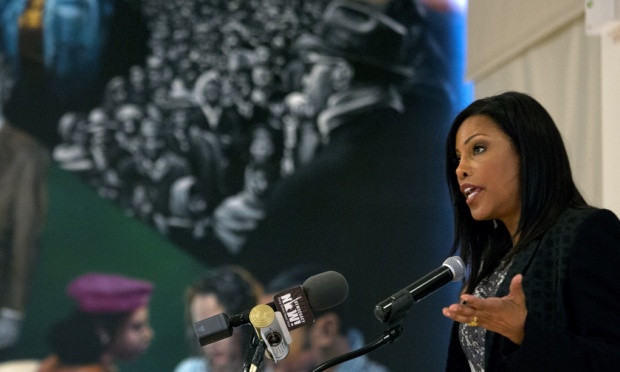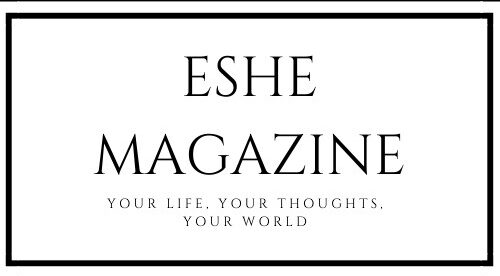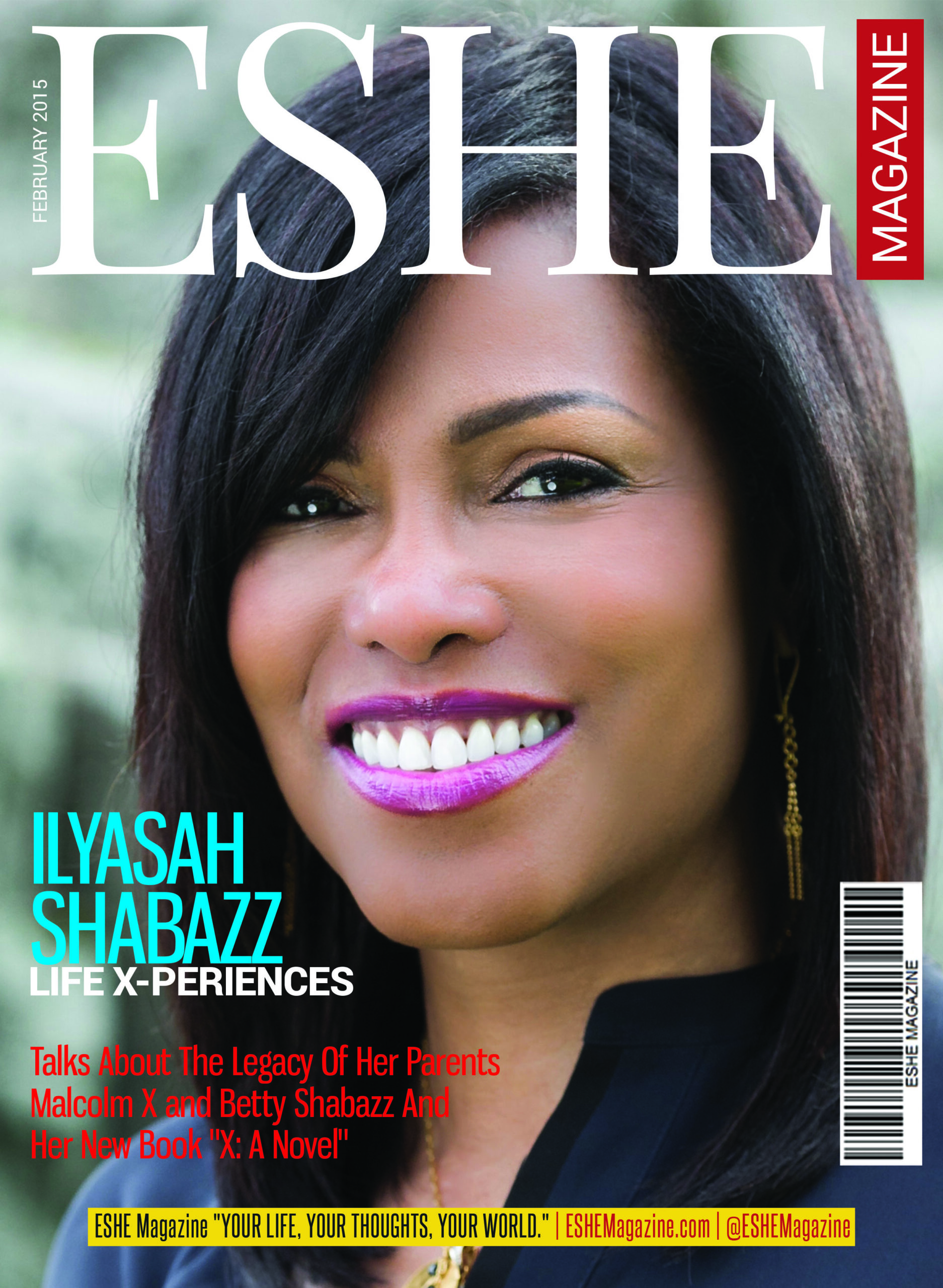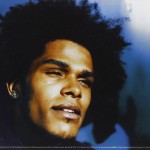By David Jordan Jr
Legacy. Malcolm X (El-Hajj Malik El-Shabazz) and Betty Shabazz embodied the strength, dignity, pride and determination needed for black people in America during a time when these qualities were nonexistent to blacks as many had never even knew how to find those qualities within themselves. The lives of these two individuals, the human rights which they fought for and the liberties they pursued for all people resonated not only with people in this country, but with all people from all over the world. Standing up for what is right, knowing the worth of one’s self and uplifting others in the process personifies the aura of Mr. and Mrs. Shabazz. Continuing the legacy of her parents through her own walk, Ilyasah Shabazz has taken her life, her experiences and her personal resolve to make a difference in the world and inspire others beyond what they know and what they see. An author and an empowering speaker, Ilyasah seeks to not only inspire and empower others with her life, but she continues to share and spread the legacy of her father through her literary works and by continuing to share his life through his words and his life transformation.
David Jordan Jr: X: A Novel was released January 6, 2015. Could you tell us about this book and your inspiration for writing this book?
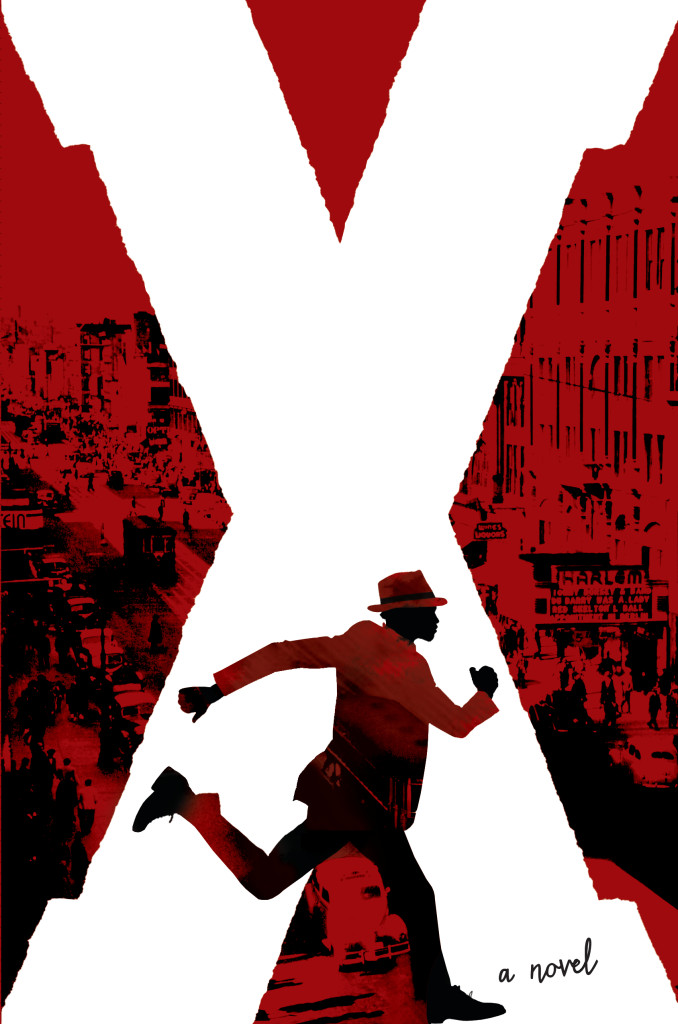
Ilyasah Shabazz: The book is about my father’s adolescent years. It opens up when he is 15, on his way to Boston and is about his youth. It’s about his journey to discovering who he is as a young man in America.
David Jordan Jr: Your 1st book, Growing Up X was released in 2002. Since you’ve released 3 other books: Malcolm Little: The Boy Who Grew Up to Become Malcolm X., The Diary of Malcolm X: , And X: A Novel. Which of these books is your personal favorite and why? Which book do you think is the most impactful for a person gaining another perspective on your father, aside from the perspective he gave us in his autobiography?
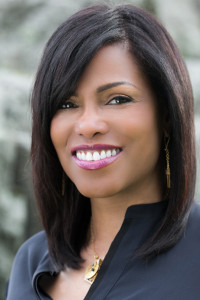
Ilyasah Shabazz: Well I really love Malcolm Little, the illustration book. I think AG Ford did a marvelous job with the illustrations and it’s actually up for a NAACP Image Award. I say Malcolm Little because I keep seeing these mentions that Malcolm was born into poverty and not one of these books say that Malcolm was born into poverty. On the contrary, he was born into a solid family, he was born with his father loving him in the household, at the head of the household. His mother, loving, nurturing mother and siblings. What it does is give the role of the parents, the role of the family. It says I am worthy of an education, I am worthy of all of these great things. It promotes leadership, it promotes compassion and it promotes self love. I wrote it because I thought it was important to see the foundation that was provided to a young child that would grow up to become an iconic leader, a global leader.
David Jordan Jr: Outside of your mother Betty Shabazz, You’ve had personal relationships with some of the strongest and most iconic black women in history; women such as Ruby Dee, Maya Angelou, Coretta Scott King. What was one characteristic that each of these women embodied that was seen in each of them and is something that helped you in your development as a woman?
Ilyasah Shabazz: Self love, compassionate; each one of these women overcame tremendous obstacles that even in that they never grew weary or bitter or saw themselves as the victim of the situation, rather they persevered and triumphed and they passed all of that on.
David Jordan Jr: In “Growing Up X” the one constant I picked up was that your mother instilled in you being your own person and being self-conscience of your decisions. The experiences that you spoke about during your teenage years through early adulthood seemed to be extremely eye-opening; attending the different high schools and then college and the different career paths which you embarked upon. Looking back at those early experiences in your life when do you think you were able to fully grasp yourself completely and identify with yourself? Was it during the years in High school and seeing how people treated you without merit, was it during your college experience when people began to identify you and appreciate you in respect to your father’s legacy or was it during the years after college when you began to really journey into life, seeking different career goals, encountering unforeseen obstacles and having to make the next step your best step?

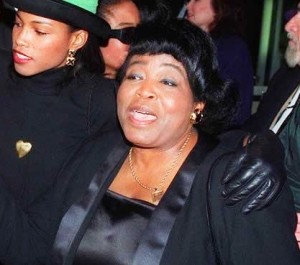
Ilyasah Shabazz: My mother always promoted self love, she’d pat you on your back for your accomplishments. She encouraged me to learn who I am and first and foremost to love who I am before going out and loving others or doing for others; I had to put myself in the best predicament possible in order to be most effective to others. It was definitely a lesson of am yes I my brother’s and sister’s keeper; I would say when I went to college that was when I was out from underneath my mother’s protective wing, so it was this thing of self discovery. Understanding how other people have these expectations of you. I called my sister when I felt that it was so overwhelming; people expected me to be a certain way and wanted to know who am I supposed to be as Malcolm X’s daughter and she basically said you don’t have to pass a test to be Malcolm X’s daughter, you already are. As time went on I found that it was a matter of me looking in the mirror and liking who I was and having a good relationship with God, the only judge.
David Jordan Jr: You’ve traveled the world and your passion for empowering people, children in particular is evident. You’ve written a Children’s book, Malcolm Little: The Boy Who Grew Up To Be Malcolm X. You have two degrees, your mother obtained her Ph.D. When you speak to today’s generation of kids how do you help them see the importance of education?
Ilyasah Shabazz: I think the most important thing first is to encourage self-love, to let them know of their worth. I think that many young people are pained so they go into this self-destructive behavior, they don’t see themselves in a good vain. I think it’s important to celebrate who you are and have images that reinforce your greatness, that is a reflection of whomever you are; hence you have Malcolm Little.
David Jordan Jr: You and your family have put forth an earnest effort to spread and empower the legacy of Malcolm X. I always make it a point to keep the light shining on his legacy by continuously reading his works, watching and listening to him speak and discussing him with others that share the same for love for him that I do.
Why do you think so many people (in this country in particular) refuse to accept your father in his full transformation as he has been worldwide and try to place an inaccurate label on him?

Ilyasah Shabazz: I think my father took a mirror and shone it onto our country to look at ourselves in the mirror. I think the Civil Rights movement did a very good job in showing the world who we are as a country, the actions, the history. I think that most people forget that Malcolm was reacting to the violence that was perpetuated on him and his people. This was a young man of great compassion, so I think it’s time that we re-evaluate what we learned in the sixties, seventies and eighties. It’s now our responsibility to change it. If we want change, we have to do that ourselves. I think this is a perfect opportunity given all that’s occurred within the last few months. You have young people that are standing up throughout the contrary; they are organizing, they are galvanizing and they are making change. Understanding that we can no longer just sit back and think that someone else is going to change something and make it better for us but that as human beings it is our responsibility to make those changes our self. I think my father informed us in the sixties first and foremost to who we were, people searching for an identity. In the sixties we were just aware of Tarzan; we didn’t know who we were or what our capabilities were. He first gave us a healthy identity and then he internationalized the struggle and in internationalizing the struggle he created the blueprint for any ethnic group or gender or whomever seeking social justice.
David Jordan Jr: What is your favorite quote from your father?
Ilyasah Shabazz: “You teach a man, you teach a community, you teach a woman you raise a nation, ” because it speaks to our individual roles, it supports the notion of the African proverb “it takes a village to raise a child.” It says that we have to be accountable to ourselves and responsible for those around us.
David Jordan Jr: We are approaching the 50th anniversary of the assassination of Malcolm X; will you be organizing and leading some Memorial Events?
Ilyasah Shabazz: We do have an annual event at the Malcolmx X and Batty Shabazz Center in New York, the place where my father was killed. My mother turned a place of tragedy into a place of triumph where we can have various events for the community and the world.
Follow Ilyasah Shabazz On Twitter Here
